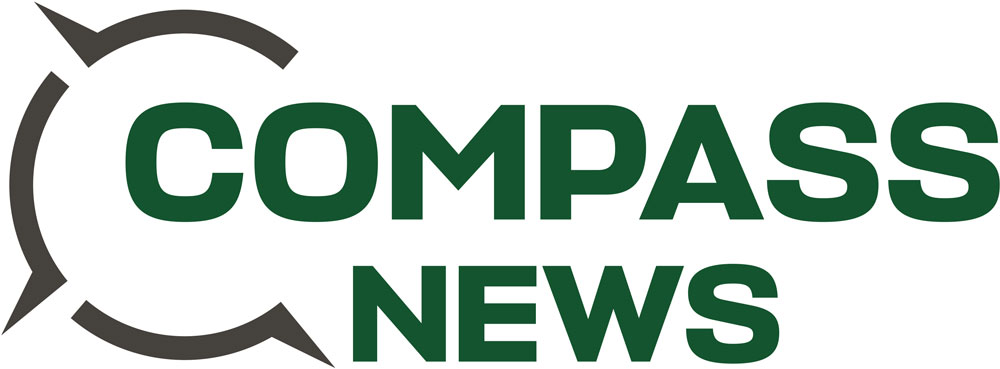The City of Ottawa’s new limits on disposing household garbage went into effect last week as part of an effort to extend the life of the current landfill, though critics say the regime is complicated and punitive, and unfair to larger families.
Coun. Clarke Kelly, who represents the rural West Carleton-March ward, opposed the policy when it was first brought forward to council last year, calling instead for it be sent back to staff for reevaluation.
He said the city should’ve come up with a more “equitable” approach to limits based on residences and households and focus on education. Kelly moved a motion at the time asking for reconsideration by staff and calling tag and bag limits “complicated, inequitable, and punitive for segments of the population.”
His motion was seconded by Orléans East-Cumberland Coun. Matt Luloff but it was denied with only four councillors in favour.
After some quarrelling between councillors and a variety of motions and amendments put forth, council settled on a three-item limit on all households that receive curbside collection. The move is meant to help extend the life of the Trail Road Waste Facility until 2049.
But it has already prompted concerns that some may evade the limit by dumping their trash elsewhere.
City staff say they’re responding to concerns around enforcement by hiring “trash cops” who will be responsible for monitoring household waste. They’ve also indicated they will be increasing enforcement of illegal dumping.
Nichole Hoover-Bienasz, program manager for long-term planning at the City of Ottawa, said council approved a capital budget of up to $1.7 million in funding to support the roll-out of the three-item limit policy in the 2024 budget.
“This includes the cost to provide residents with additional green, blue and black recycling bins, fleet for new staff, promotion and education, and temporary staffing support for education, outreach and illegal dumping enforcement,” Hoover-Bienasz told Compass News.
But according to Ecology Ottawa, a local environmentalist group, these changes are just “an example of council preserving the status quo.”
William van Geest, the group’s interim executive director, said council has been “lacking courage and, frankly, responsiveness to the crises that face us” with these latest changes, calling the three-item limit “really disappointing.”
The original recommendations from staff suggested a pay-as-you-throw model, which has been successful in other municipalities in Ontario, and was based on extensive research and public consultation, he said.
That originally recommended “partial pay-as-you-throw” program would give residents an annual allotment of 55 garbage items with the option of purchasing additional tags.
“The approach we take affects how residents deal with their own trash, so public consultation is very important. There was a good plan the other municipalities have already implemented,” said van Geest. “And the council just went to town on it.”
“The effect this will have will be very minimal and council missed a great opportunity to do better with some really reasonable and light, gentle action on the waste front and we passed it up,” added van Geest.

